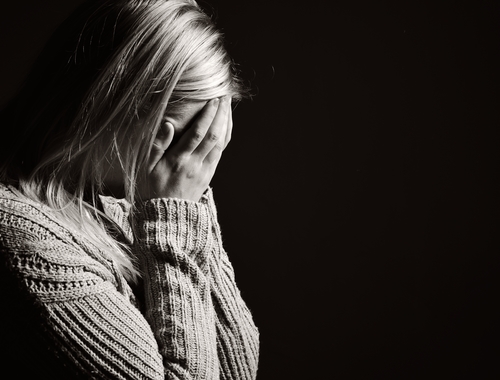
What To Do When Addiction Relapse Happens To Someone Close To You
In addiction recovery, relapse is bound to happen to someone in every circle of friends or family. According to the National Institute on Drug Abuse (NIDA), up to 60% of recovering addicts will relapse in their first year of recovery. These statistics mean that more than one out of every two people will end up relapsing. Unfortunately, when you are in recovery you will see people relapse.
Just like anything negative, it is hard to imagine the impact that a friend’s addiction relapse will have on you. Even worse if it is a significant other or family member. When you are in recovery it is something you need to prepare yourself for that you don’t regress. Staying strong and having the right people around you is a huge part of a successful recovery.
When Friends Relapse and You’re Still Sober
In the case of one young man, Matt, freshly out of rehab for heroin, he was determined to stay sober and do things right, finally. It was his first time in rehab and he wanted it to be his last. Even though he had a girlfriend back home in Ohio, he decided to stay in Florida once treatment was over and live in a Sober Living Facility.
He remained friends with many of the people he went to treatment with once they were discharged. Many were local and some were also from the North who had relocated to halfway houses near Ft. Lauderdale. Matt was having the time of his life in his new home, going to meetings, finally feeling good. He found a job, made friends easily wherever he went and thought all of the darkness was behind him.
On Halloween of 2015 Matt and his friends went to a party together. When he got into his friend Nate’s car, there were two girls in there who looked like they were on something. Nate turned back from the driver’s seat, grinned, and pulled out a baggie of blue pills. In that moment Matt felt like his world was turned upside down. He had come to South Florida to get away from drugs, and here was one of his supposed “boys” waving a bag of opiates in his face. What now?
Matt got to the party, called his sponsor who picked him up and went home. He had multiple texts from Nate that night asking where he was, insisting that the drugs he had were “amazing” and he was “missing out.”
Addiction Relapse Doesn’t Need to Set off A Chain Reaction
Matt did the best possible thing he could that Halloween night. It took a lot of self-control and determination to stay sober. Lots of people in that same situation would have thrown their recovery out the window and indulged in what was in front of them. Lucky for Matt, he had a person with strong sobriety that he could count on to bail him out of a sketchy situation.
When relapse happens to people close to you, it is important to remove yourself from the situation as soon as possible if you are physically with them. And, after that, it’s important to keep a safe distance from these people.
Often, relapse happens to friends who aren’t in your direct presence. Rather, you find out from noticing a distinct difference in their behavior, or they’ll ask for help. It’s hard not to try to get personally invested in helping them, but it’s something you have to do in order to protect yourself.
How to Deal With Relapsing Friends
So a close friend has relapsed. You are bound to feel angry, confused, and betrayed. But, it is important to recognize that their relapse has nothing to do with you. Just like getting an addict into treatment in the first place, getting sober has to come from the addicts themselves.
If you are emotionally affected by a relapsing friend. Talk to your sober support system about it. Let them know what is going on, so that you can get the problem off your chest. If you don’t talk to anyone, there’s a bigger chance that it will work on you until you crack and possibly relapse yourself.
Offer your friend support but from a healthy distance. Don’t put your own life or recovery on hold to help them, because you should always be your number one priority in recovery. Be a friend, don’t completely turn your back, and offer your ear to listen to them. You can invite them to partake in sober activities or to go to meetings, but you can’t stop doing these kinds of things yourself in order to help them.
Don’t allow yourself to get sucked down into your friend’s negative world. Keep seeking positive enforcement in your life and working on your own sobriety one day at a time. Hopefully, your friend will come around, sober up, and learn from their mistakes. Unfortunately, their fate isn’t up to you to decide.






